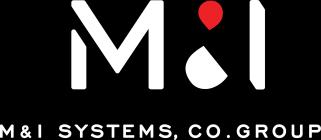
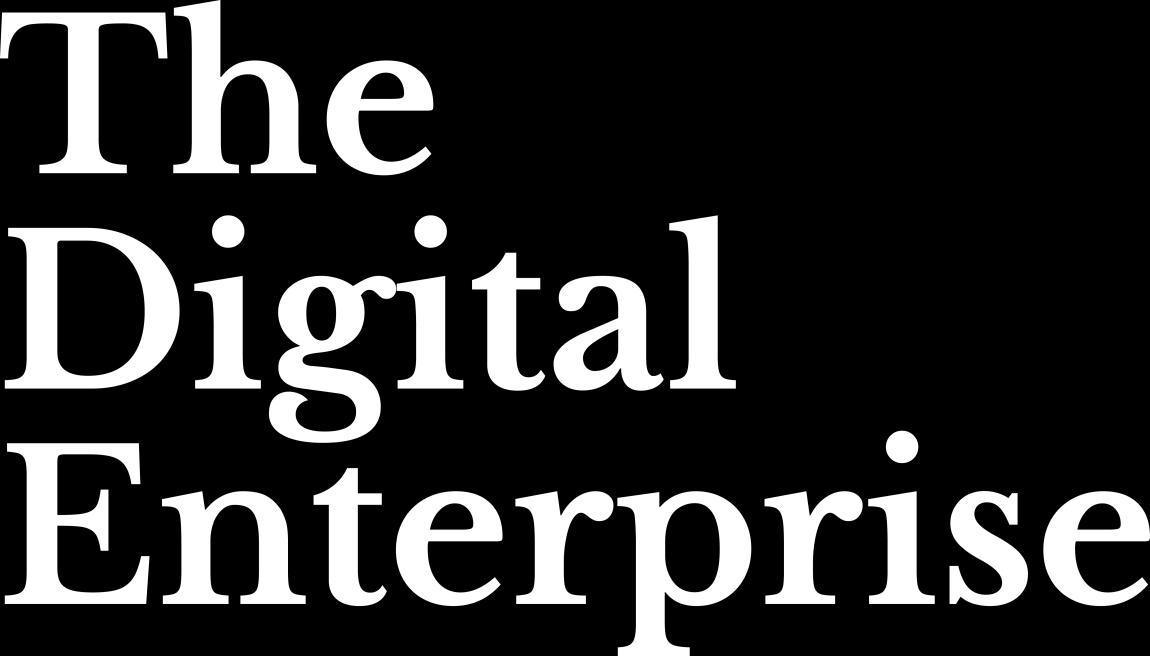


Marko Gudelj





Marko Gudelj


HALF OF THE FT 500 COMPANIES FROM THE YEAR 2000 HAVE DISAPPEARED.

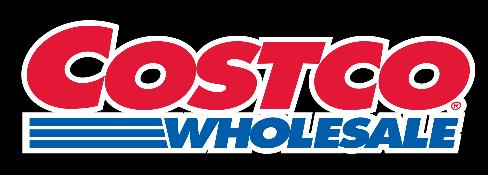






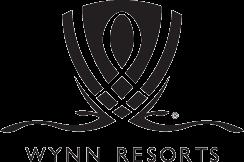

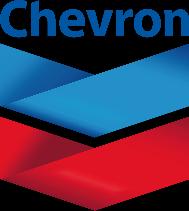














* IT costs make only 4% out of total company expenses*
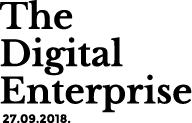



BUSINESS TRANSFORMATION


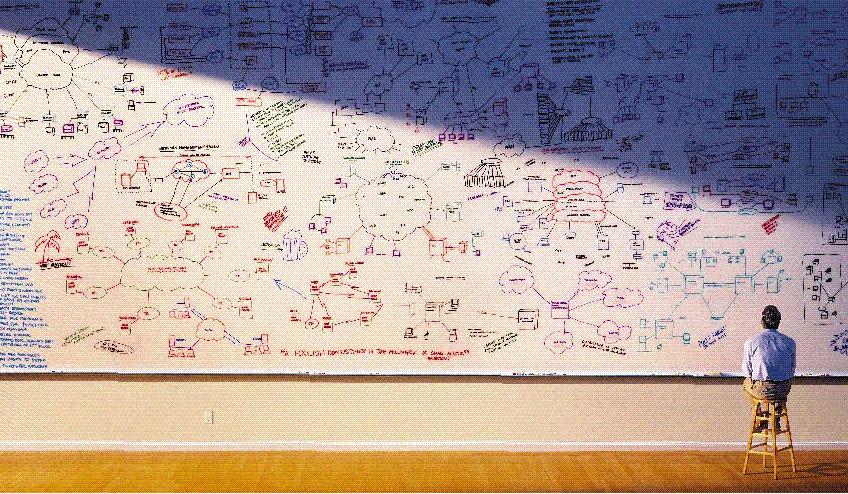
Transfer results (KPIs, as-is processes)

Simulation of measured as-is processes
Compare and visualize differences between as-is and to-be

Navigation from ARIS / Design to transaction

Handover blueprints from design to execution tools
Review workflows between business and IT
Manage and exchange services and policies



Handover BPMN 2.0 blueprints from ARIS and back





















Processes are more than just a business asset – Processes are your business

Processes can lift up your business or make it fail
You can only manage your business by managing its processes COMPANY


































identify & prevent bad states
Processes are organized in functional silos without end-toend perspective
Processes are not transparent, there are no process owners and SLAs (risks/regulations unknown)
There is no integrated transformation methodology (Business/IT) and no reuse of best practices
Processes are not designed to provide the best customer experience possible (no customer- centric enterprise)
"Me too" processes do not differentiate your business





Create customer centric end-to-end processes that differentiate from competition
Respond quickly to the changing market and business environment
Rapidly deliver new products and services
Ensure effective use of resources and take advantage of new technology
Manage risk and comply with regulation efficient and effectively





LOW-CODE DEVELOPMENT







DYNAMIC PROCESS ORCHESTRATION
PREDICTIVE, CLOSED-LOOP ANALYTICS








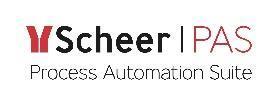



4



by 2021 doing office and administrative, sales and related tasks
SOURCE: "The Forrester Wave™: Robotic Process Automation, Q1 2017”




• AUTOMATION of high-volume, repetitive tasks
• Tasks that can be driven by business rules and don’t need intuition
• Replicating human interactions with computerized systems on the UI level







THANK YOU! QUESTIONS?










RPA is…

Computer-coded
Programmes that replace humans performing repetitive rules-based tasks
Cross-functional and crossapplication macros

Walking, talking auto-bots
Physically existing machines processing paper
Artificial intelligence or voice recognition and reply software

Opening email and attachments
Logging into web/enterprise applications
Moving files and folders
Copying and pasting
Filling in forms
Reading and writing to databases

Scraping data from the web

Connecting to system API
Making calculations
Extracting structured data from documents
Collecting social media statistics
Following ‘if/then’ decisions/rules

PILOT PREPARATION PILOT IMPLEMENTATION

RPA ROADMAP DEVELOPMENT CAPABILITY BUILDING SCALING


1. Process selection:
– Ideal candidates(1-2 procesa):
1. Structured and optimized process
2. Low to medium complexity
4. Secure business users and IT „buy-in” PILOT PREPARATION
3. 2-4 applications used in the process
2. Prepare „lightweight” specification
– Description of steps with screenshots
3. Measure process baseline metrics




Pilot will prove or demonstrate:

– How the whole process works from business analysis to production?
– Where are the bottlenecks in implementation?
– Does RPA technology work in your IT environment?
– Is the partner competent?
Pilot can serve as internal marketing and idea generation tool for the next steps of the journey
– Video recording of the process

Main goal of this phase is to pick processes that:
– Are suitable for RPA

– Have biggest return on investment or provide value for your end customers
• IMPORTANT: RPA isn’t just cost-cutting method
– Are not yet suitable for RPA, but with optimization and structuring can provide great value to the organization
We need to consider processes from the entire organization, not just one segment
Performed initially, but in fact it’s a continous activity


Capability building is done through formal education, shadowing and mentoring CAPABILITY BUILDING

To obtain long-term benefits you need to build an internal center of excellence:
– Business analysts who can specify and guide the implementation
– RPA developers who can maintain and implement new robots
– Administrators how can monitor and administer the platform


To be able to scale rapidly you need to develop internal RPA governance model:
– Internal methodology for evaluating, designing, developing and maintaining robots
Increasing technical capabilites of RPA infrastructure and DevOps processes

• Nomination questionarre
• RPA roadmap
• Functional specification
• IT specification
• Test plan
• Projectplan Business Analysis
• Development standards and best practices
• Testing and UAT
• Technical documentation
• Deployment plan
• Process Operationsmanual
• Platform monitoring manual
• Escalationprocedures
• Change management
• Upgrade procedures




IMPLEMENTATION
PARTNER
RPA PLATFORM
TECHNICAL CAPABILITIES

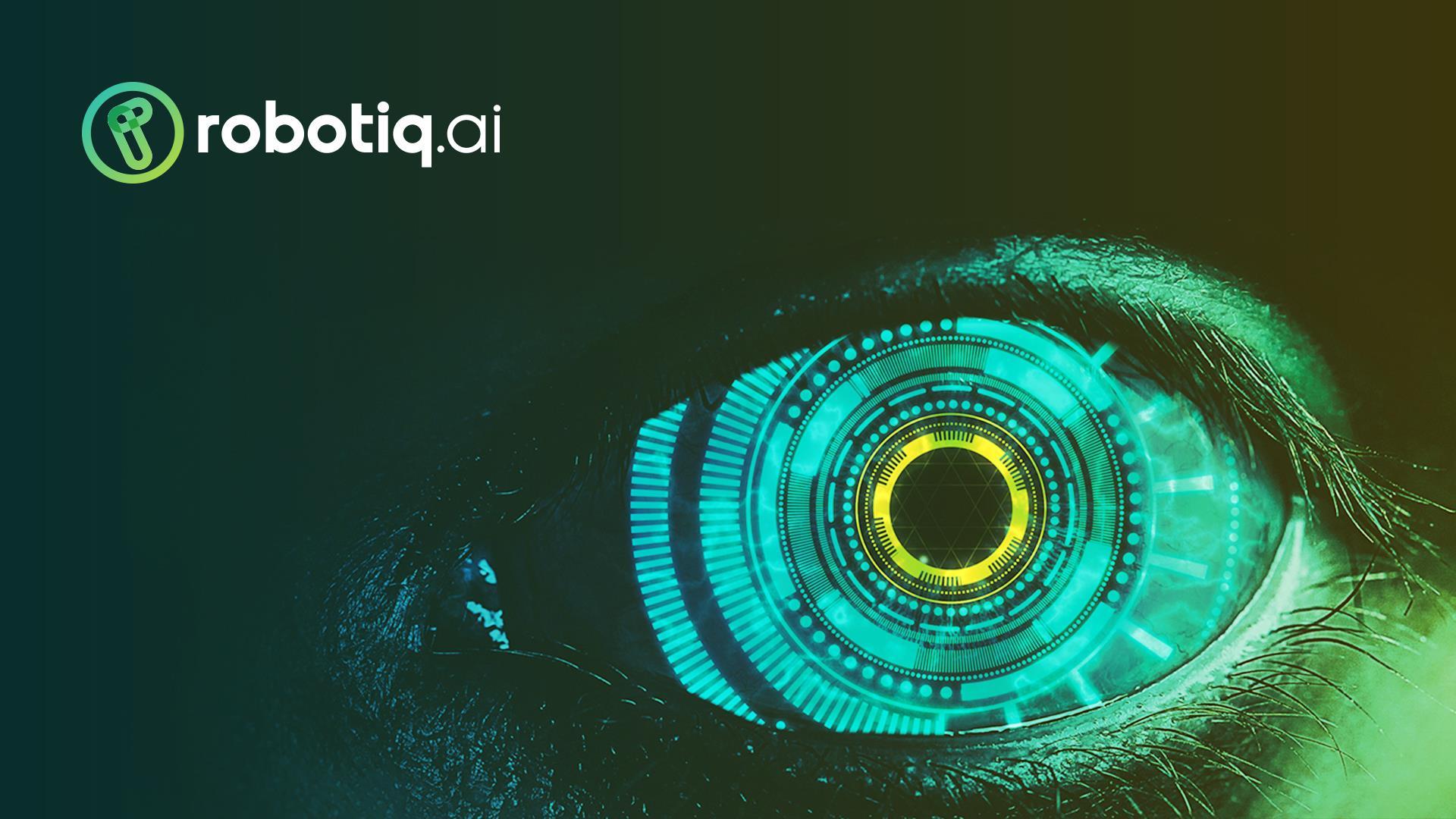

RPA Implementation services on existing platforms Development of own RPA platform


We offer our clients our expertise and experience in all steps of the RPA journey
Our team has business and technical skills across multiple industries
We are partnering with two leading RPA vendors: – Softomotive – UiPath





We are developing a platform for simple creation od true digital workers with the help of artifical intelligence Robot




Through use of neural networks we are learning our software to see applications as humans are seeing it
Allows for flexibilty and resilliancy of robots
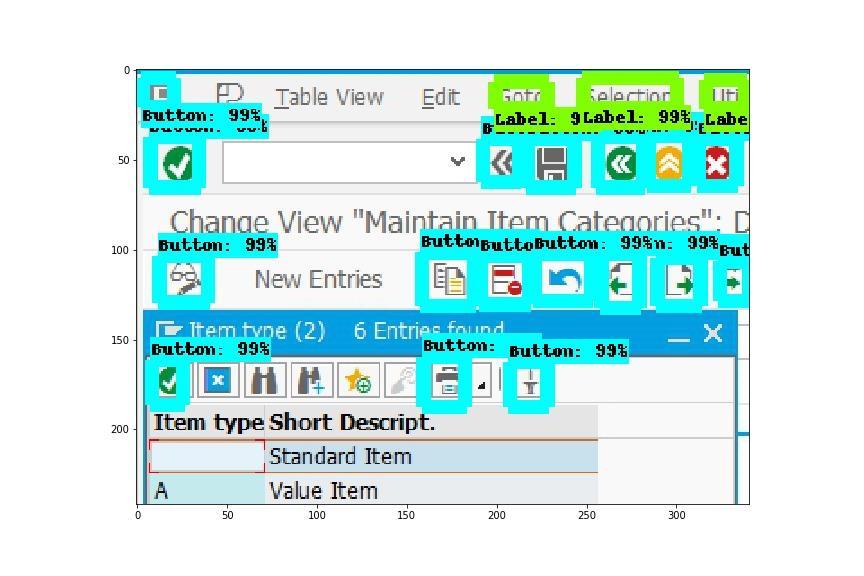


We will develop natural language processing capabilities to support semi-structured data – Emails – PDF documents – Scans
Robots will have capability to read and understand what is written




Chatbot for communication between robots and employees
Will be available as web and mobile client
Scenarios:
– Starting a process
– Making a decision
– Data completion
– Approvals
– Waiting on completion on human part of the process
– Notifications


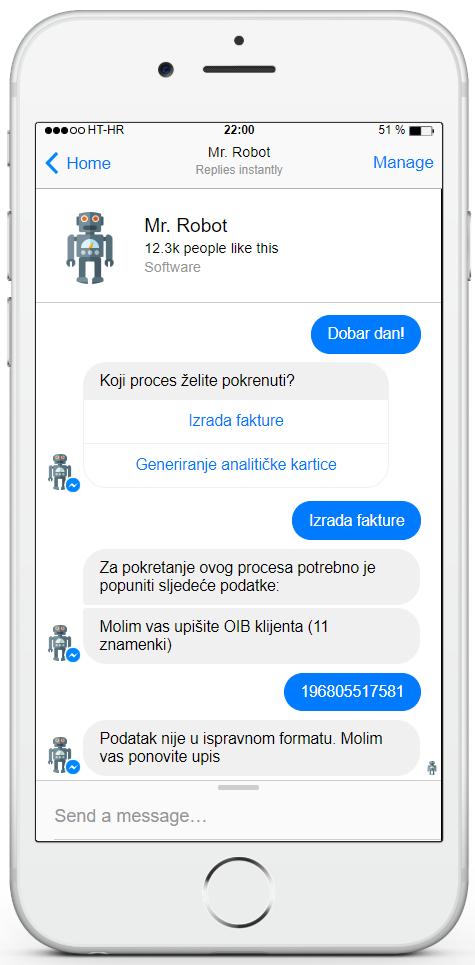


Ability to do process discovery by observing end users perform business processes
Recommend candidates for robotization with ROI analysis
Easily transform detected process to robotic „script”
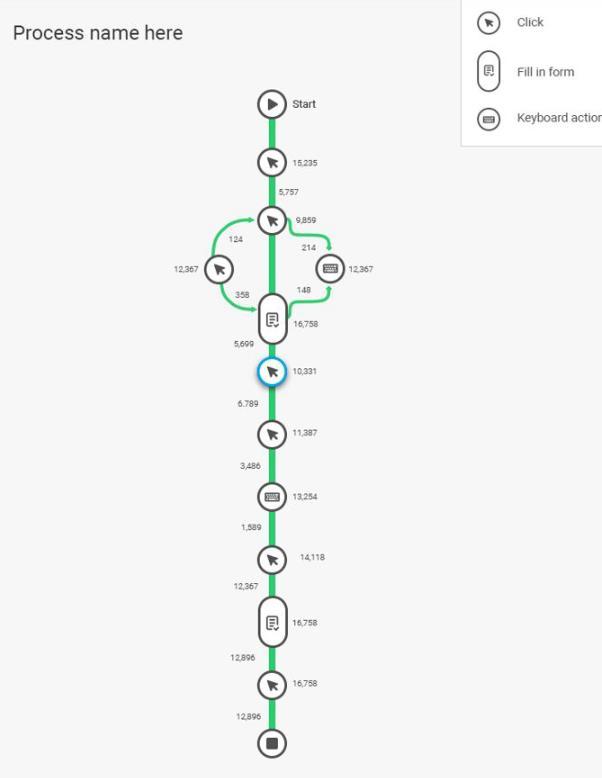


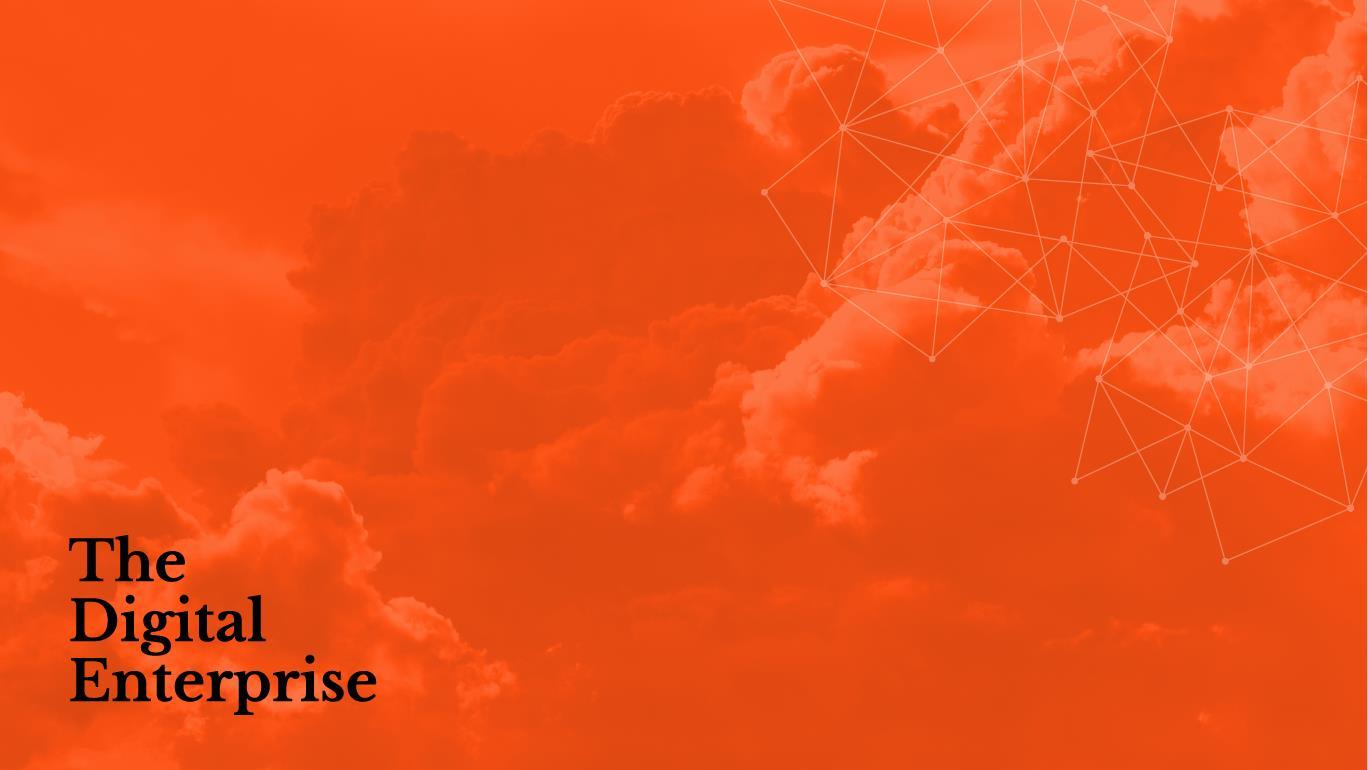





THANK YOU! QUESTIONS?

